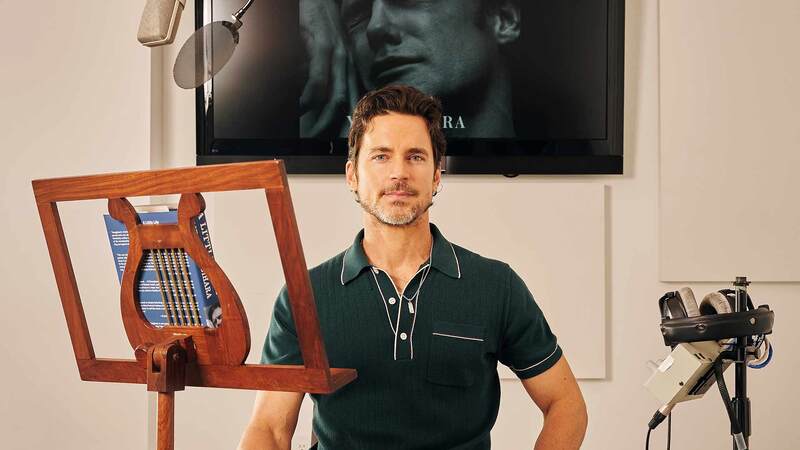You are viewing your 1 free article this month. Login to read more articles.
'Revamp marketing and publicity’, Gay and Uviebinené urge industry
Publishers and industry "gatekeepers" need to rethink and “revamp” the way they market books, authors Roxane Gay and Elizabeth Uviebinené have said.
In a virtual conversation for The Bookseller’s hybrid Futurebook conference, hosted by Molly Flatt, Gay and Uviebinené advocated more diverse hiring and addressing the pressure placed on women of colour to deliver consistently.
Uviebinené (pictured), whose books include The Reset (Hodder & Stoughton) and Slay in Your Lane (Fourth Estate), co-authored with Yomi Adegoke, also has a background in marketing and publicity. She said books written by authors of colour are often met with barriers because often staff don’t know how to sell books from people “who aren’t white, male and middle class”.
“I think at the moment, publishing's ecosystem ensures only a top handful of books succeed and do well... you've got lots of different writers essentially who are from diverse backgrounds with great stories and great books but they don't get the push they need — that has an impact on book sales, that has an impact on bookshops — what books you see front and centre when you walk into a bookstore, and the confidence of the industry in the book.
“The marketing and publicity of publishing really needs to change — the real challenges it poses to authors who don't have backgrounds in publishing, that in itself is a barrier. What happens is a book that might not do so well — it becomes 'oh, that book doesn't sell, Black authors don't sell'. It becomes a thing people say in the industry, or they think it, they don't say it — but you feel it.”
"There really needs to be a revamp for how we market and publicise books that don't fit the traditional modes of publicity and marketing.”
Gay added: “People assume you can't market Black books in similar ways to which you market white books. We should be able to market our books to any audience, and they work out how we reach our own audiences.
“So many publishers will say 'I don't know how to market this book', and that's not a problem with the book, that's a failure of imagination on behalf of the publisher.
“We already know what needs to change, that hasn't changed. Gatekeepers recognising that talent can be found in a wide range of perspectives, that diversity is not just skin deep. A lot of the time Black writers are expected to write a very particular type of book. We have to rethink how our gatekeeping works, there have to be fewer gates."
Both urged hiring more diversely within publishing to address the problem. “When you look at the current make up of publishing, it is dominated by white people, and white women in particular, and that's just not good enough, and we absolutely can do better,” Gay said.
“This is not a pipeline issue, there are plenty of Black editors, Black publicists, and publicists from other races and ethnicities, it's not only Black and white . That diversification of who is working behind the scenes is critical,” she added.
Commenting on her future work, Gay said: “I feel a lot of pressure now to get my next book out. I have to remind myself its an artificial pressure, there are plenty of books in the world, and it's totally totally fine to have slowed down. I've slowed down for lots of reason. Some of them personal, and some of them professional burnout. To recognise it's totally normal to feel burnt out after publishing six books in like five years, that's insane. It's all about trying to recalibrate expectations of myself."
Addressing the disparity in expectations of authors of colour and white authors, Gay noted: “I do think it's important to recognise that as Black women the expectation that we will stay on that hamster wheel is increased for women of colour, for queer people, people of colour more broadly. It's really important to name that, that there is this expectation to be everything, to be everyone, and that we're supposed to feel gratitude for overwork.
“So many of the Black women writers I know, we're all working ourselves to the bone, and for what? Other than of course money, which is important. But still I look at writers who have the luxury of time and space to create, and to really focus on excellence rather than constant exposure.
"The number of resources our white peers receive, and the amount of time they are given to incubate work, is incredible, and every time I see a young Black writer rushing to market, I just want to tell them: 'you will never again have this time without expectation'.
“I want to say to them: 'Allow yourself that time, and try not to give into these external pressure', because it's really quite intense."
Gay’s imprint Roxane Gay Books, launched over the summer in partnership with Grove Atlantic, published her debut novel in 2014. She hopes her submissions policy, which welcomes work from both agented and unagented authors, will result in “fewer gates” and barriers to authors.
She said: “I just hope I can take chances on writers who would not ordinarily find a place within publishing and I hope we become more expansive in what we think of as publishable for Black writers, women writers, trans writers, queer writers. There's room. We don't have to build a new table, there's room at this table.”
















